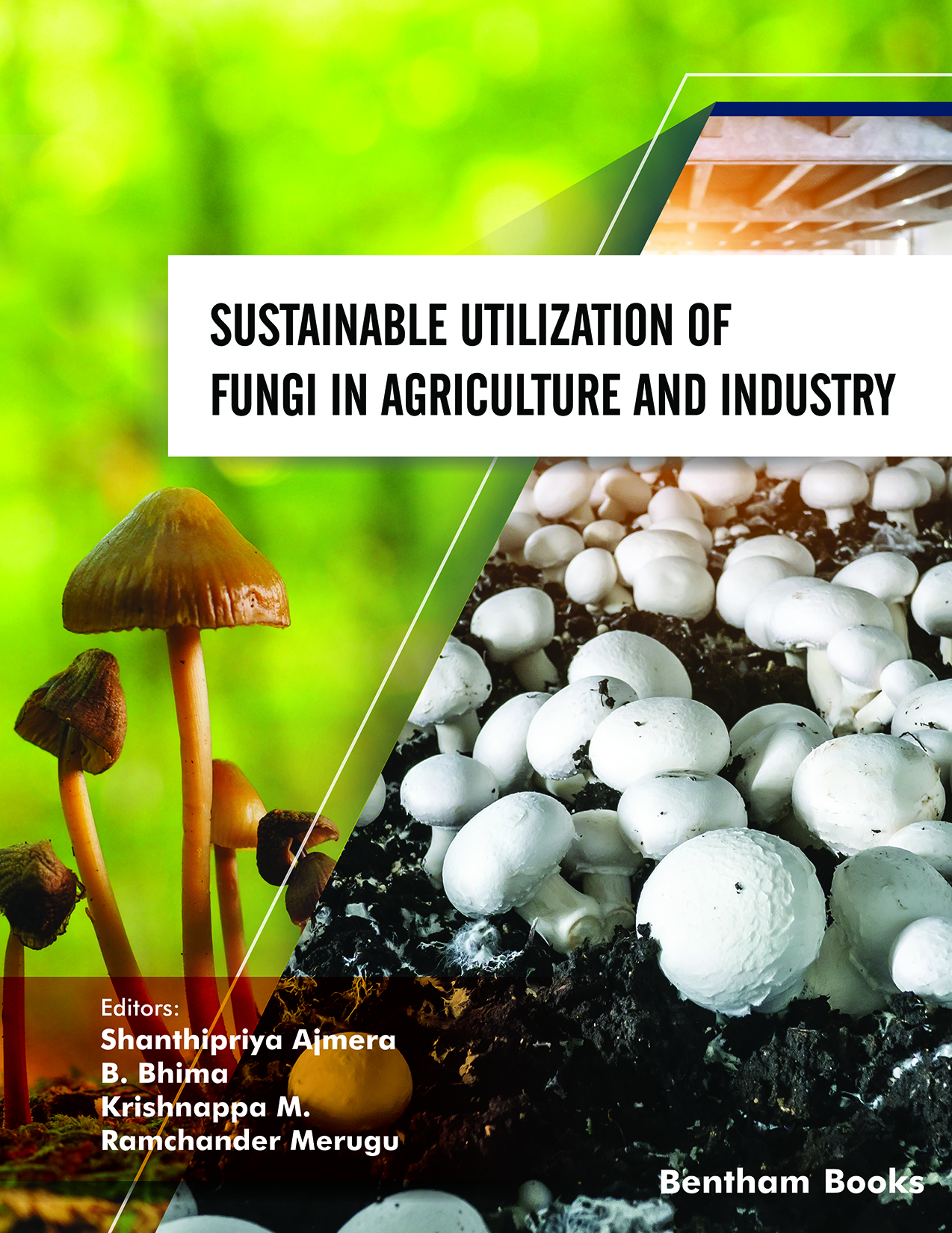Introduction
Sustainable Utilization of Fungi in Agriculture and Industry covers current knowledge about of different fungal microorganisms, including economically important filamentous fungi and yeasts. 22 chapters summarize recent information about scientific investigations and the application of fungi in the production of industrial enzymes, organic acids (citric acid, lactic acid, etc.), biofuel (ethanol, H2 gas) and bioactive compounds for sustainable processes in agriculture, bioremediation, industries and therapeutics.
Each chapter gives an updated and detailed account of knowledge on fungal microbes and their sustainable utilization in agriculture, white biotechnology, and other valuable industrial applications. Contributions are made by academic and professional experts in mycology and industrial biotechnology, presenting a broad perspective of the field in a simple, yet engaging style.
Sustainable Utilization of Fungi in Agriculture and Industry is an informative reference for general readers, trainees, interested in sustainability measures in agriculture and industry. It also serves as reading materials for scholars, students and teachers involved in botany, microbiology, biotechnology and life sciences courses.
Audience:
General readers, trainees, interested in sustainability measures in agriculture and industry; scholars, students and teachers involved in botany, microbiology, biotechnology and life sciences courses.

